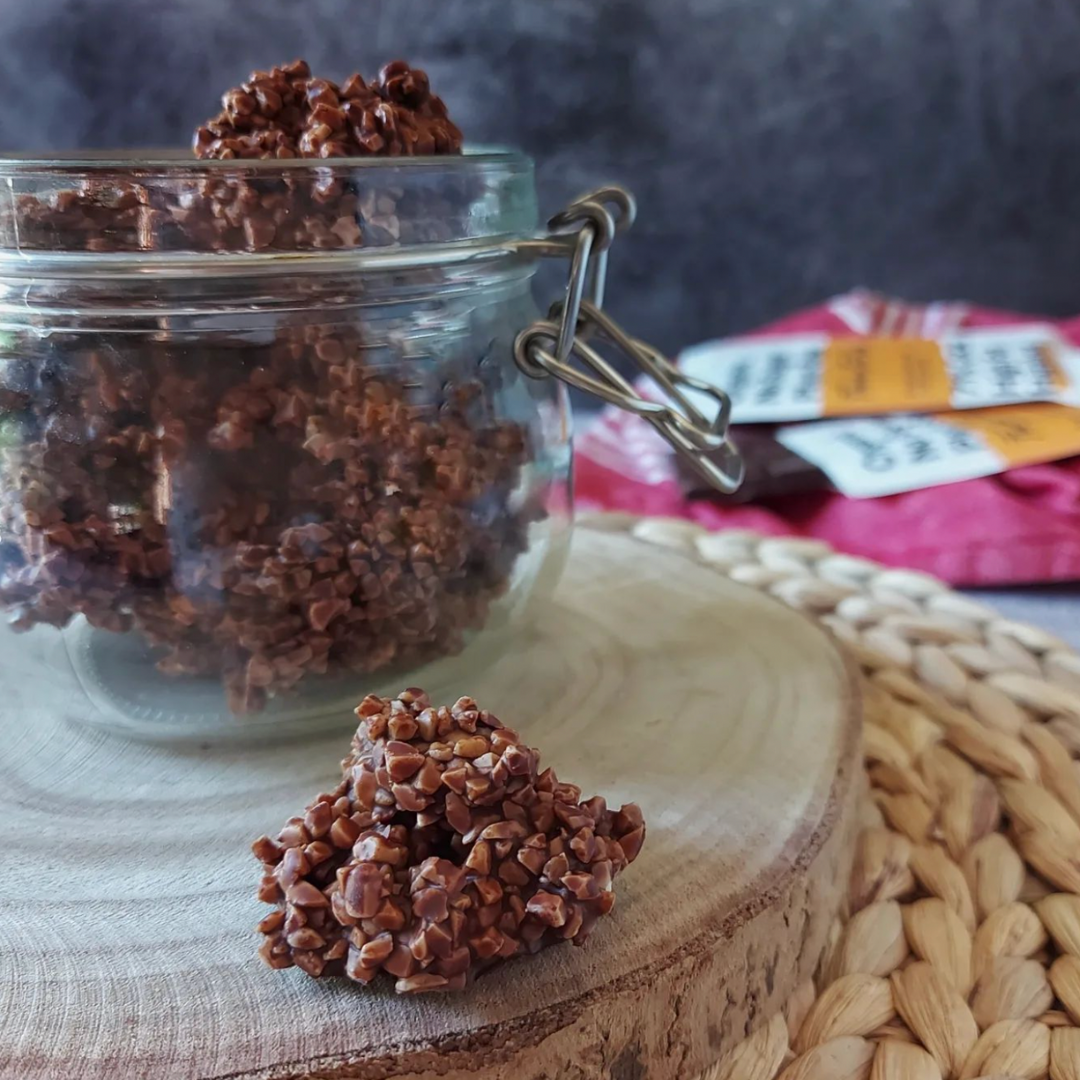MCT oil (also known as medium-chain triglyceride oil) and coconut oil have become great fat diet stars in the most recent years. But what’s the difference between coconut oil and MCT oil? Which one is better, and when you should use them? Honestly, there’s no one better than the other, it is just that they have different uses, so depending on your goal you might find one more useful than the latter. This is what we are going to discuss in today’s article. We will be comparing MCT oil vs Coconut oil, how they each work, their benefits, and how to consume them safely.
MCT Oil: where does it come from?
If you want to know what exactly are MCT’s and their types, we have a full article on that subject on our blog page, however, let us briefly explain what MCTs are. And what MCT oil is. MCT stands for medium-chain triglycerides, a.k.a. saturated medium-chain fatty acids, which simply means that their chemical structure has 6-12 carbon atoms.
MCT oil is a dietary supplement that a lot of people use to increase their energy and weight loss. It is typically sourced from coconut or palm kernel oil (ours comes from coconut oil). Fun fact, even though MCT oil is made from coconut oil, whole coconut oil only contains about 15% MCT oil. Pure MCT oil is a flavorless liquid at room temperature, so it’s easy to include in your recipes. However, since it has a relatively low smoke point, it’s not ideal for heating or cooking.
Also, one of the main benefits of it is that it is absorbed directly through the liver, giving your body easy access to medium-chain fatty acids for energy, brain function, and mental clarity.
What is coconut oil?
Coconut oil is used as body care and cooking oil. It is extracted from the dried meat of coconuts, which contains 60-70% fatty acids. Its fatty acid profile is a little different from MCT oil and its fats break down into the following categories: 8% caprylic acid, 7% capric acid, and 49% lauric acid, the 3 of them being MCT oils. And the remaining percentage is made up of the long-chain fatty acids myristic acid, palmitic acid, stearic acid, oleic acid, and linoleic acid.
As we’ve already mentioned, about 15% of coconut oil’s content is MCT oil, so eating coconut oil actually gives you a small serving of MCT oil. However, you’d need to consume a large amount of coconut oil to get an equivalent amount of MCT oil.
MCT Oil Vs Coconut Oil: What’s the Difference?
As coconut oil has MCTs in it, it has some similar properties to MCT oil. People usually use both oils to follow a ketogenic diet, since it’s high in fats and low in carbohydrates. The health benefits outweigh all other oils for cooking as it’s resistant to heat because of being rich in the fatty acid: Lauric Acid which can help improve cholesterol and kill bacteria and other pathogens. Both oils can also help you feel full for a longer period of time.
The main difference between MCT oil and Coconut oil is that MCT oil is made solely of medium-chain fatty acids, while coconut oil is made of medium and long-chain fatty acids. Also, another big difference is that coconut oil can be used for cooking whilst MCT oil can not. You can also use coconut oil on your hair and skin and it has great benefits. MCT oil, however, is only to be consumed by eating or drinking it.
You can use MCT oil in the following ways:
- Drizzle on salad or grains, steamed vegetables, or soup.
- Include it in a salad dressing or sauce.
- As a coffee additive to make bulletproof coffee.
- Mix it with a smoothie.
- As a supplement.
- As a snack, you’ll find it as one of the main ingredients in our Funky Fat Chocs.
You can use Coconut oil in the following ways:
- In baking as a butter substitute.
- To saute veggies for stir fry, curry, or soup.
- To roast veggies or potatoes.
- To spread and toast your bread.
- As a coffee additive to make bulletproof coffee.
MCT oil benefits and things to keep in mind
MCT’s oil popularity has increased because of people who follow a keto diet. It can help maintain ketosis, increase weight loss, and it helps improve energy levels and brain function. However, it has several other benefits.
MCT oil benefits
MCT oil has been shown to:
- Provide a source of quick energy and ketone production.
- Promote fat loss (in a modest way) and fat burning without negatively impacting cholesterol.
- Improve cognitive function moderately in Alzheimer’s patients and to a larger degree in diabetics and hypoglycemics.
- Reduce blood sugar fluctuations while eating (not while fasting).
- Increase glucose metabolism by 30%.
- Modulate the hunger hormone making you feel full for a longer period of time.
- Increases HDL, also known as the good cholesterol.
- Reduce insulin resistance moderately.

Considerations for using MCT oil safely and effectively
As with most of the other supplements or dietary additions, it is important to remember that moderation is key and that everybody is different so make sure to test how much is good for you. This can be tested by starting with a low daily dose and slowly increasing the daily amount.
Some things to keep in mind when consuming MCT oil are:
- Test for allergy
- Start with a small quantity and see how it affects your digestive system (especially in the beginning). Large quantities at the beginning can cause diarrhea or upset stomach.
Also, it’s important to keep in mind that when in doubt or when trying to add a new supplement to your diet, talk to your healthcare provider first.
Coconut oil benefits
Coconut oil is used in the paleo and keto diets for cooking, as a healthy fat. Coconut oil has been shown to:
- Significantly increase HDL (good) cholesterol concentrations.
- Decrease indicators of gingivitis and dental plaque formation when used for oil pulling.
- Moisturize hair and skin.
- Act as a natural deodorant due to its antibacterial and antimicrobial properties due to its content of lauric acid.
You might also like:





Leave a comment
All comments are moderated before being published.
This site is protected by hCaptcha and the hCaptcha Privacy Policy and Terms of Service apply.